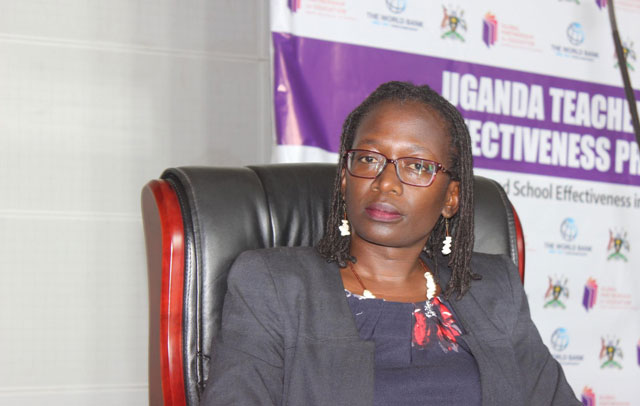
Kampala, Uganda | THE INDEPENDENT | The World Bank has urged the Ugandan government to pass the Special Needs and Inclusive Education policy which has remained in a draft for close to ten years.
The policy, which was drafted in 2011, makes it mandatory for all schools to have special needs teachers trained and placed in different classrooms. It also requires schools to have the right infrastructure like rumps to ease the movement of learners with physical disabilities.
Diana Sekaggya Bagarukayo, an Education Specialist at the World Bank Uganda observes that in the absence of the policy, a number of learners with special needs have been left out of the mainstream education system.
Sekaggya says that the ministry needs to move to the next level so that different activities can take off regarding special needs education in the field.
Negris Onen, the commissioner of special needs education says that they are working towards getting the policy passed as soon as possible.
“We still have some work to do on the draft before we can present it to the cabinet but in the process, we are not sleeping. We recently launched a tool to help teachers identify learners with special needs in schools so that their learning needs can be met at the classroom level by teachers,” Onen said.
Dr Patrick Ojok, a lecturer at the Faculty of Special Needs Education at Kyambogo University says that without a policy, it is hard to prepare teachers to be able to carry out inclusive education.
The World Bank made the call during the handover of equipment for the treatment and diagnosis of hearing impairments in schools and communities. The handover took place at the Office of the Prime Minister in Kampala today.
The equipment, donated by the Starkey hearing foundation, consists of diagnostic audiometers to be sent to six regional hospitals, in Moroto, Mbale, Masaka, Entebbe, Mbarara and Gulu. As part of a partnership between the health and education ministries, learners referred to schools will not pay for assessment at the hospitals.
State Minister for Higher Education John Chrysostom Muyingo, says this will enable quick follow-ups for learners with suspected hearing impairments.
*******
URN
 The Independent Uganda: You get the Truth we Pay the Price
The Independent Uganda: You get the Truth we Pay the Price





